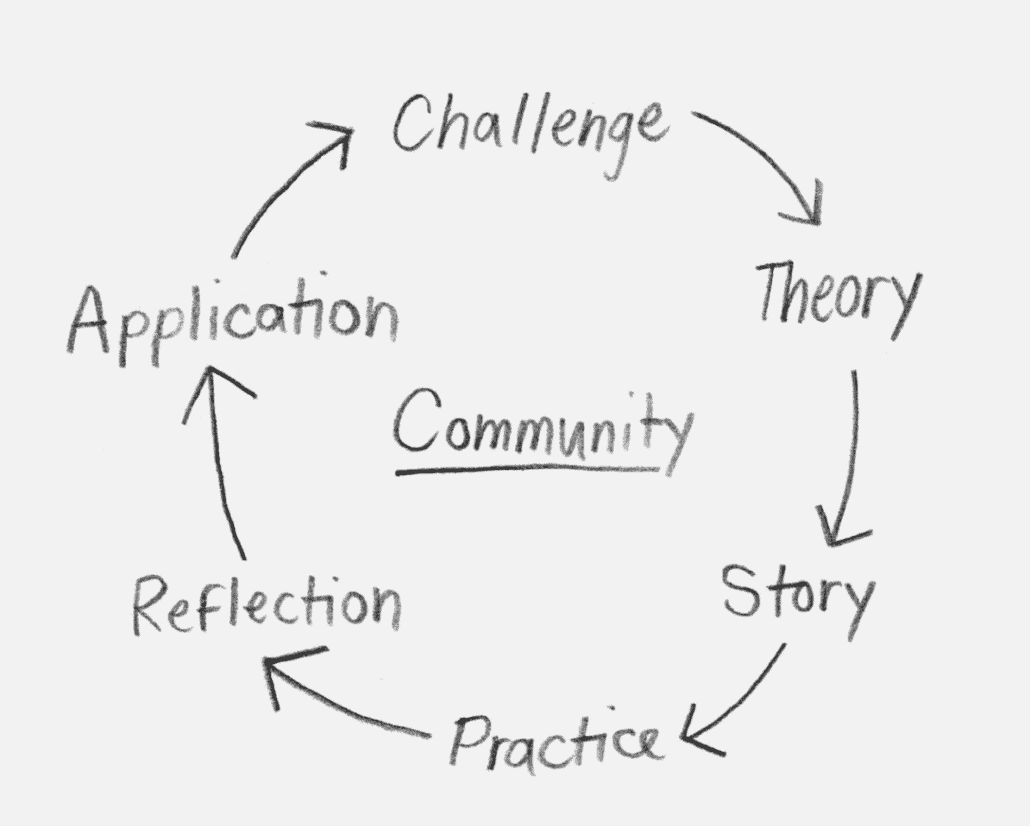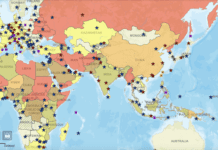
Experience Institute was created to facilitate experiential learning programs for everyone from students to companies and teams.
Experience Institute (Ei) was launched to make learning radically accessible by breaking down the barriers between education and the experiences that bring about real change. Ei, which was founded by CEO Victor Saad when he found a disconnect between what he learned through formal education and what he wanted to solve in the real world, revolves around a single mission: to establish experience as a credible form of learning. And to bring that form of learning to clients ranging from individuals to universities to corporations.
“Experiential learning asserts the deepest learning comes from having the opportunity to not just understand something intellectually and abstractly, but to have opportunities to tinker with it until it bends or breaks,” Ei states on its website. “Then to reflect, so we can take what we learn and make it transferable.”
The company and its workshops are based on five basic tenets:
- Experience is circuitous, not linear. This means that we don’t just stop learning when we finish formal education, but continue learning as we are confronted with new challenges, new ways of thinking, and the need for new skill sets. The idea is that we keep circling around learning goals, chipping away at them as we go through life.
- Experience requires risk. Because so many real-world problems don’t have a single “right” answer, Ei believes it’s important to take risks and learn as we go about tackling the real-world problems we face.
- Experience can be designed. As any meeting or event planner could attest, experience doesn’t just happen on its own — at least, not the experience you want participants to have and learn from. As Ei says on its website, “Transformative education isn’t pulled off a shelf — it’s designed, built and curate.”
- Experience is better together. Also not a new concept for meeting and event planners, Ei bases its workshops on the idea that “community multiplies the lessons we learn.”
- Experience is for everyone. Instead of unintentionally reinforcing systemic inequities, experiential learning should acknowledge and make full use of the diversity of skills, knowledge, preferred learning styles and perspectives inherent in any group of learners.
This last tenet is echoed in Ei’s DEI statement, which boils down to “diverse, equitable and inclusive environments are the heartbeat of a healthy and joy-filled society.”
Ei offers its workshops on site at a client’s venue, or at an off-site locale. The Ei Offsites, which range from half-day “resets” to multiday strategy sessions, are designed to be fully customizable to accommodate the client’s culture and objectives. Among the support services EI Offsites provides are working with the client to co-design the agenda and flow of the event; providing experiences and excursions; facilitation, emceeing and keynote addresses; and post-offsite debriefing and feedback.
Learn more at expinstitute.com.
You May Also Be Interested In…
5 Ways to Market Your Event Using TikTok
5 Ways to Add Local Inspiration to Your Event
Learning by Doing: A New Way to Achieve Meeting ROI










